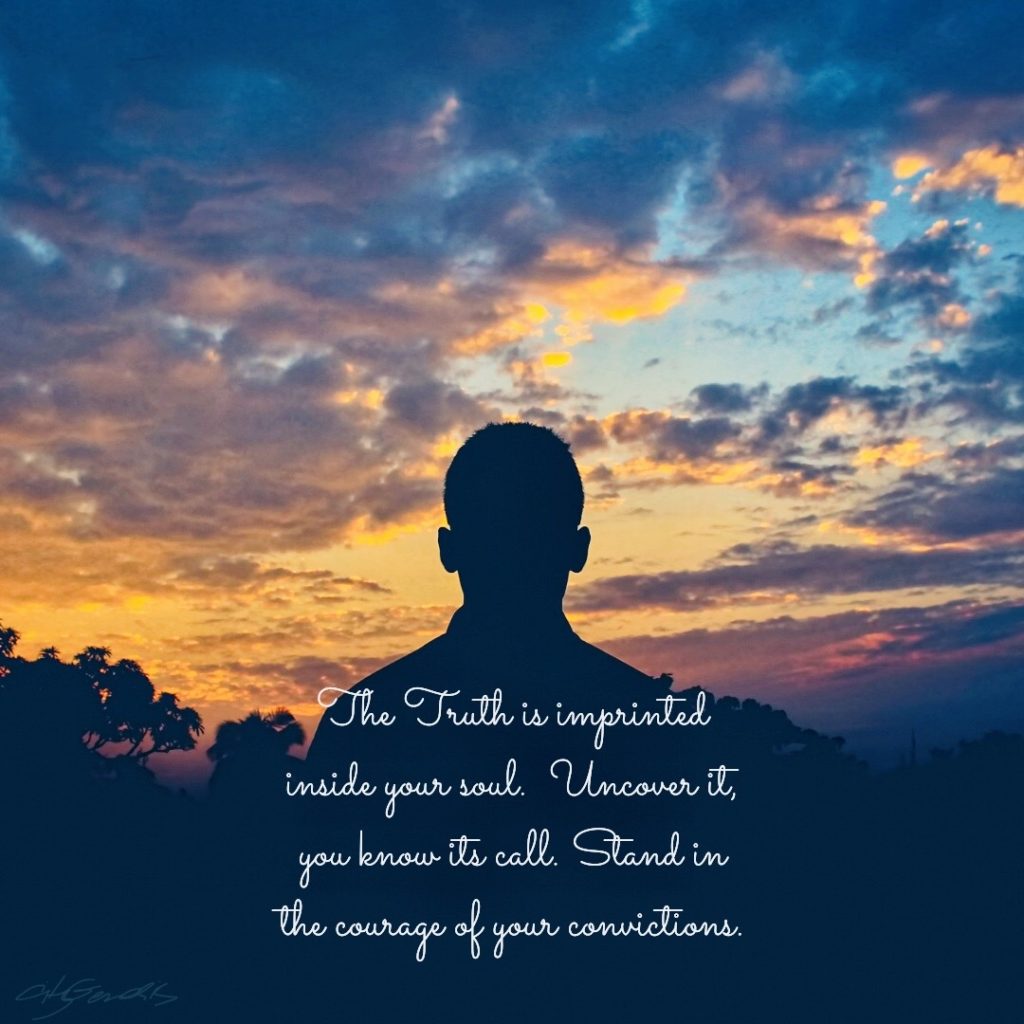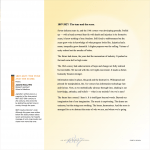
Visual Perception
Imagine for a moment, that what your eyes see, which is based on knowledge of visual perception and optics; knowledge which has been formulated through centuries of study, empirical data, and true to form scientific evidence; imagine for a moment that the science on which our interpretation of the visual world is based, has a determined gap or opening for persistent illusion; and that this gap for illusion, can forcefully mislead your senses and your reality in a duplicitous way.
Your eyesight is how you visually see the world. Your eyes collect visual information from light in the environment, and your brain processes and interprets this light. This is your visual perception. Your visual perception, along with all other information from sensory inputs from the environment, make up your perception of the world.
Visual System
Looking at the world through your eyes is an instantaneous process. Visible light in your environment reflects off the objects in your field of view and enters your eye. The reflected light rays enter the eye through the cornea. The cornea refracts (bends) the light rays, the light rays then passes through to the lens which focuses the light into an image onto the retina. The retina converts the light photons of the image into electrical signals which are carried by the optic nerve to the visual cortex of the brain where it is processed. All in an instant.
What we see is essentially light reflection and refraction. It’s all about light. Light informs what our eyes see in the visual world. It is the basis for our reality of the visual world.
Illusion
Now, visual perception can be tricky. The scientific study of optics shows us that important details of how light behaves and how light properties interact with matter is still a mystery. Sensory stimuli from light in the environment has a premise of being openly available for tricking the brain. We see this with illusions. Illusion can easily interplay with reality. An illusion is a confusion of the senses and a distortion of how our brains normally interpret sensory stimuli. Illusions distort our general perception of what we know to be reality or true.
So, if perception is how we understand the world through sensory information; is perception everything in understanding our reality? Can you trust your senses? Can you trust what your eyes see to be true?
What is True
In philosophy there are several schools of thought regarding knowledge of truth. There is empiricism, which states that knowledge comes only from sensory experience such as observation. Rationalism states that reason and applying logic is the primary source and test of knowledge. And there is innatism, which suggests that not all knowledge is gained from sensory experience but rather that the mind is born with knowledge not learned.
So, we have two ideas: 1) No knowledge enters the mind except through the senses, 2) There are eternal unchanging truths which are known by the mind not by the senses.
Science is wholly committed to one; the other says the senses can mislead you.
So, do we wholly accept our interpretation of sensory information presented by the environment? Or are our brains primed to be misled? Is it prudent to rely solely on our senses to inform our reality, knowing we can be misled by illusion and optics?…
Or is there a divine or innate knowing which we can believe, embrace, and rely on, despite what we see?





